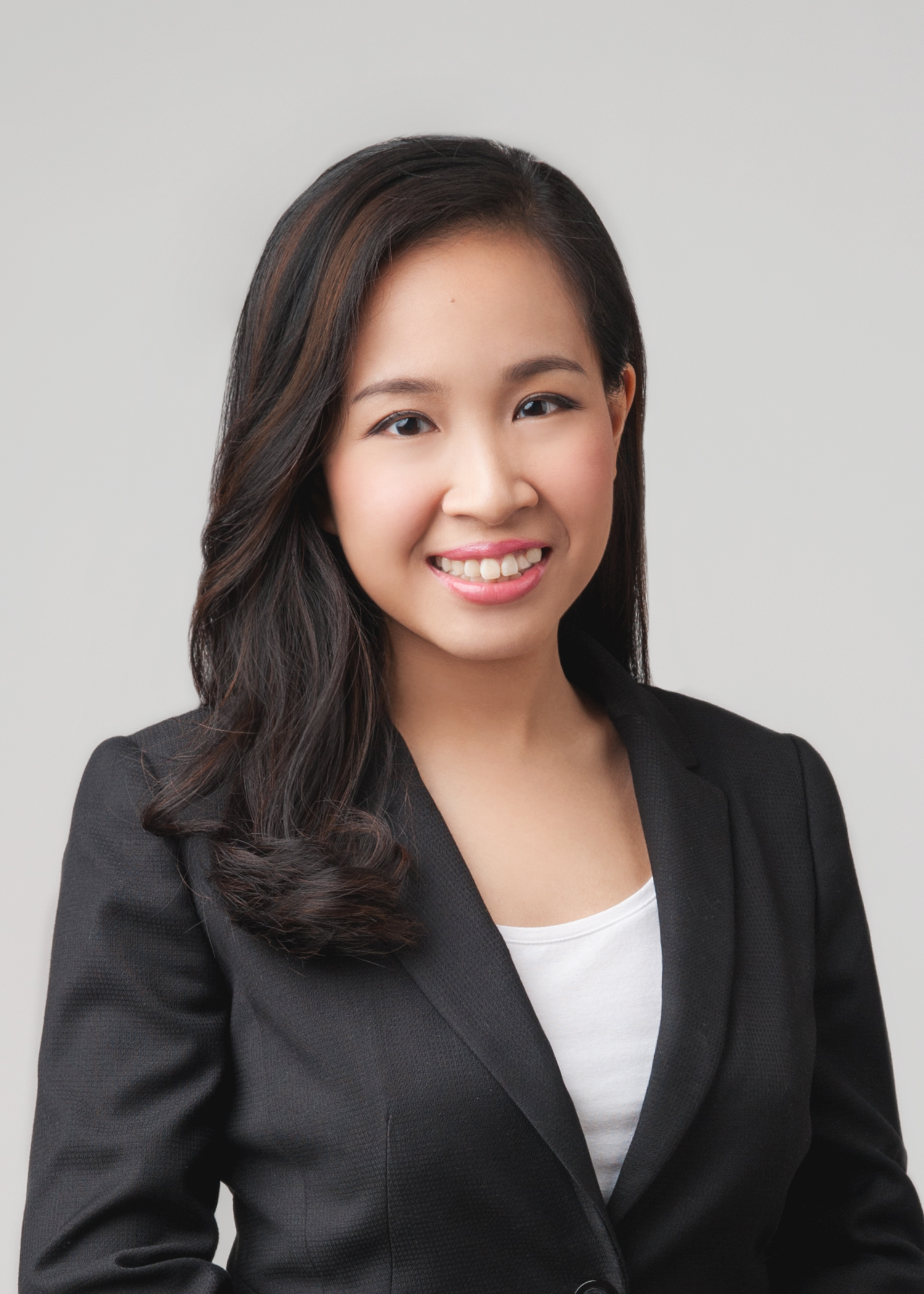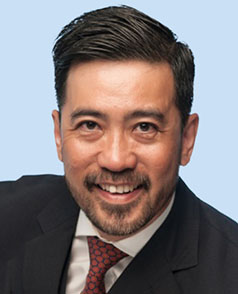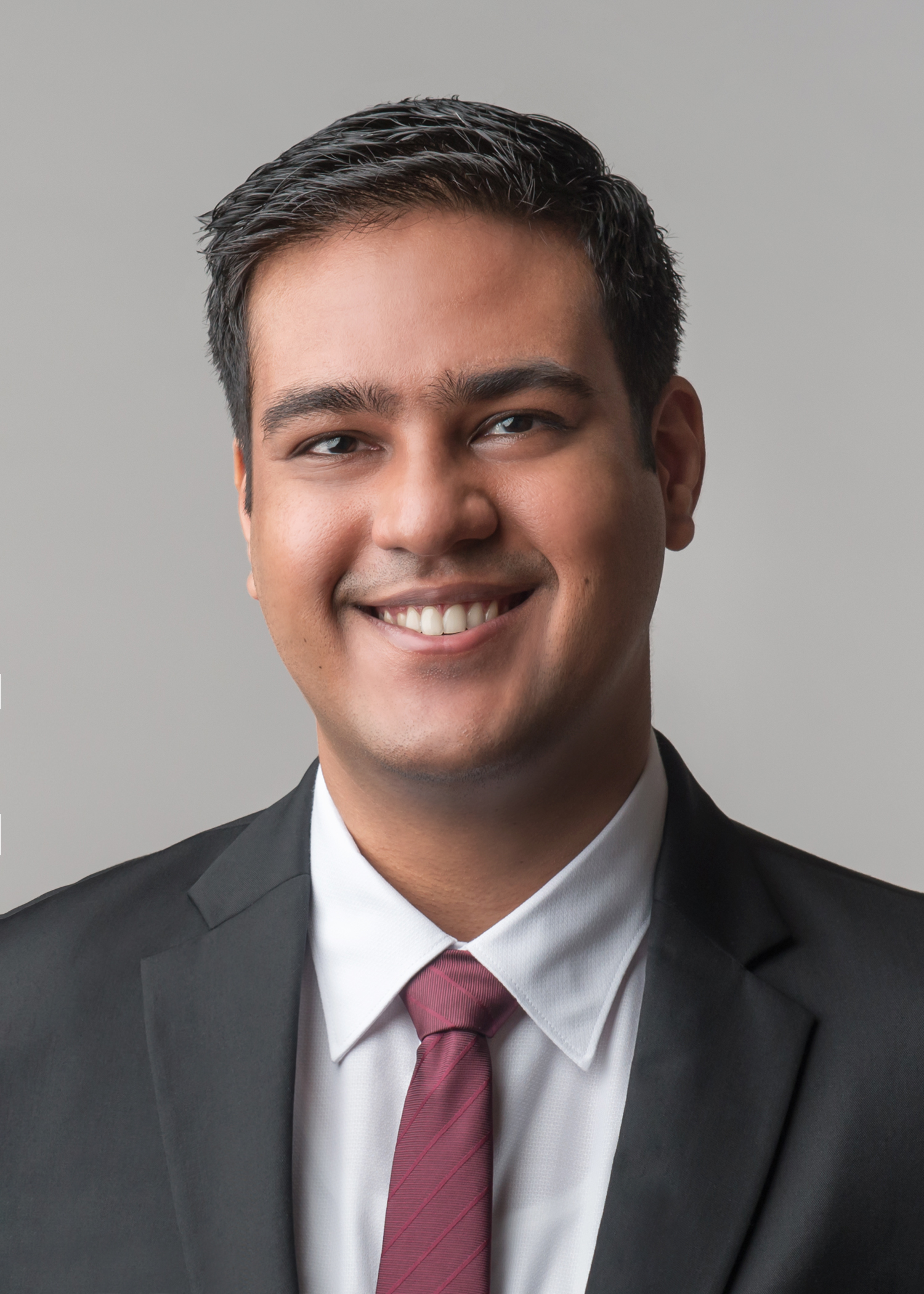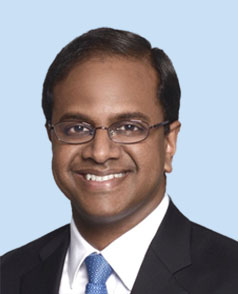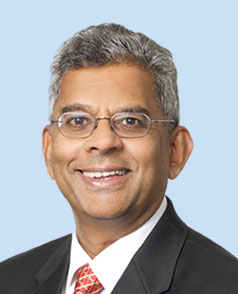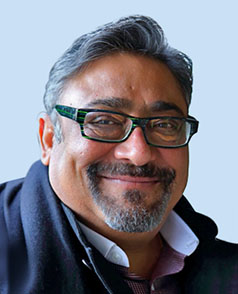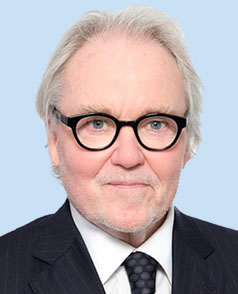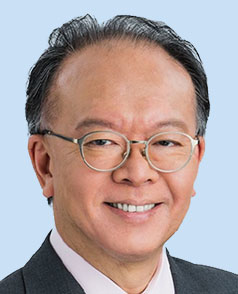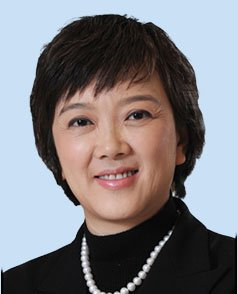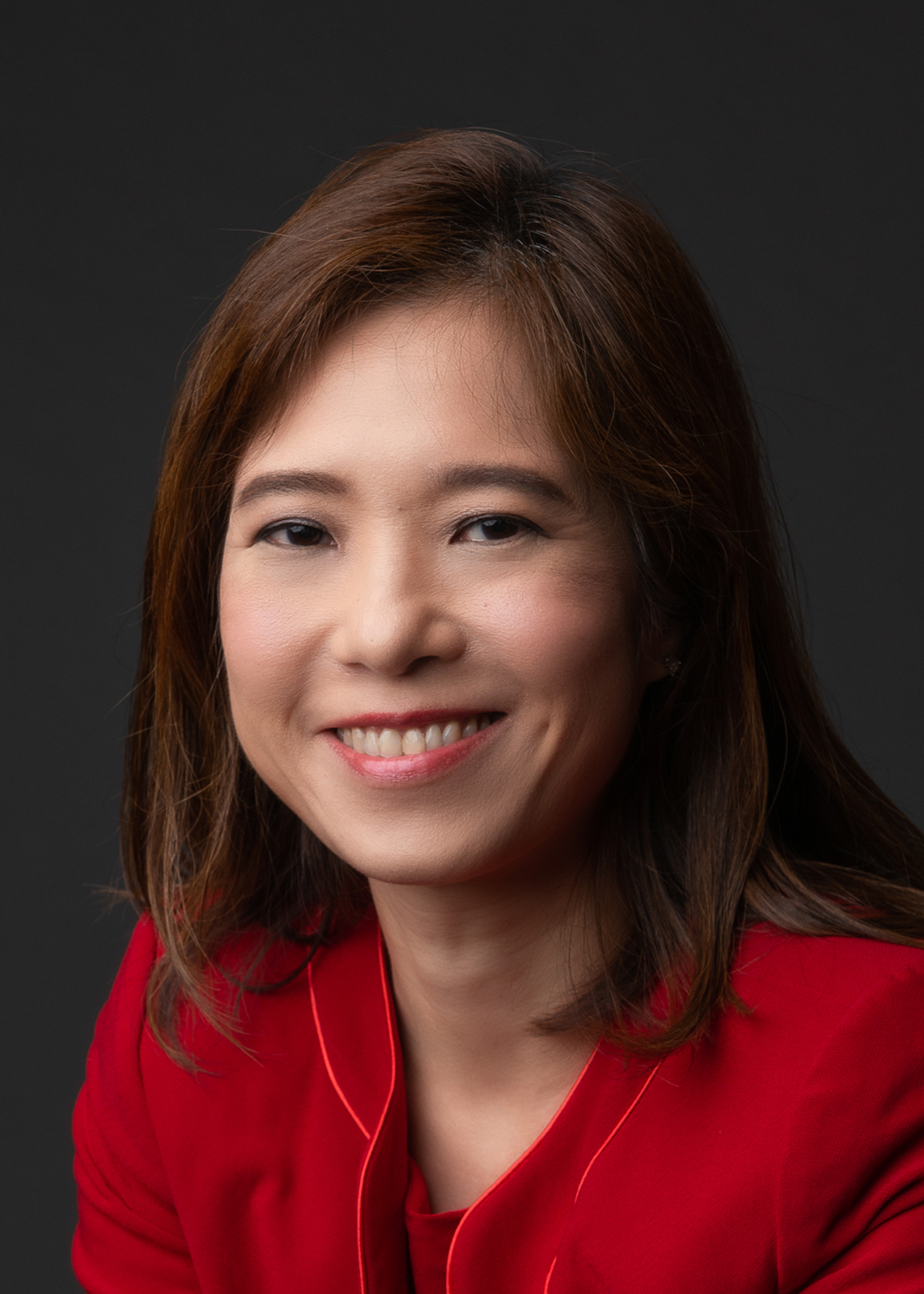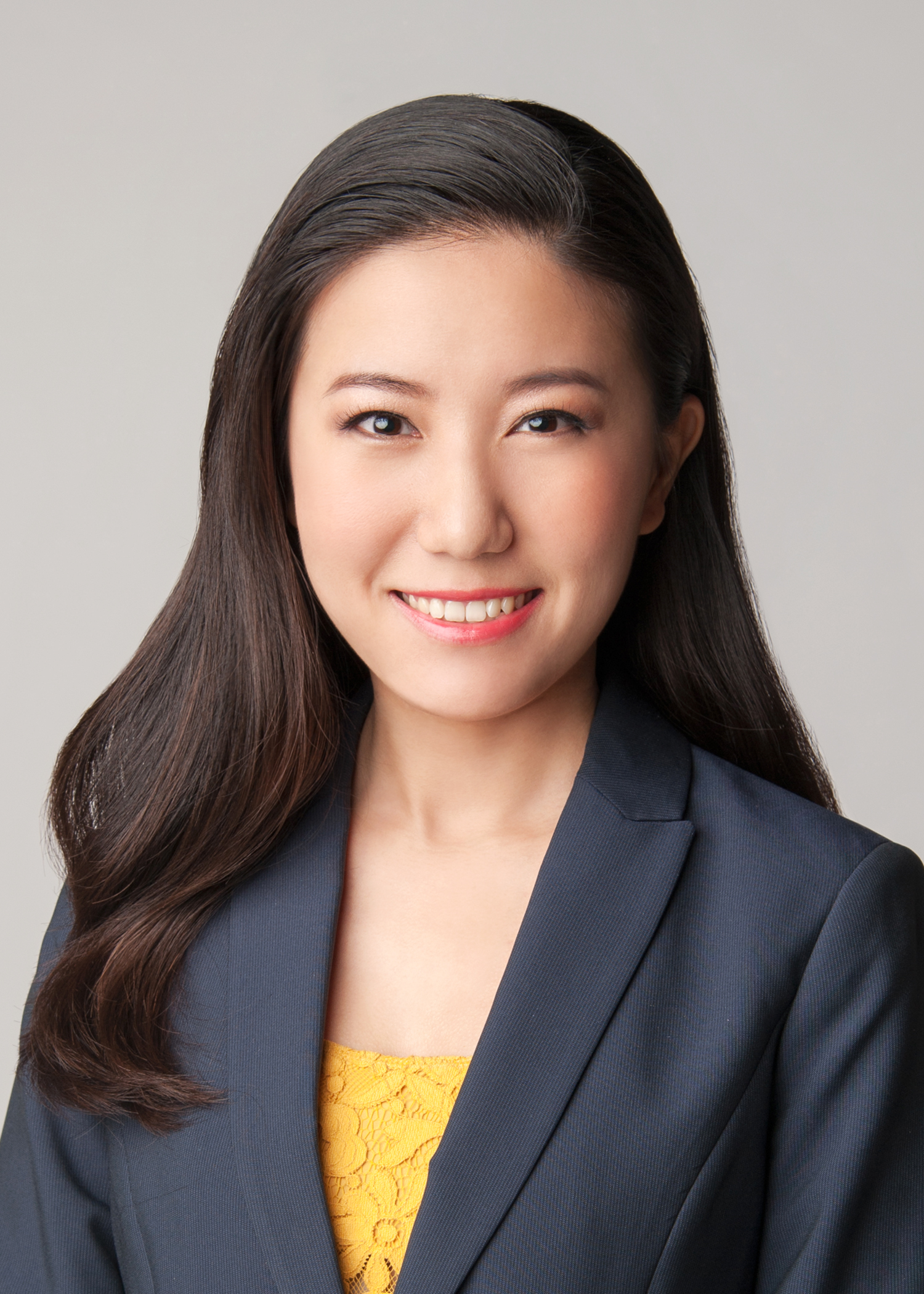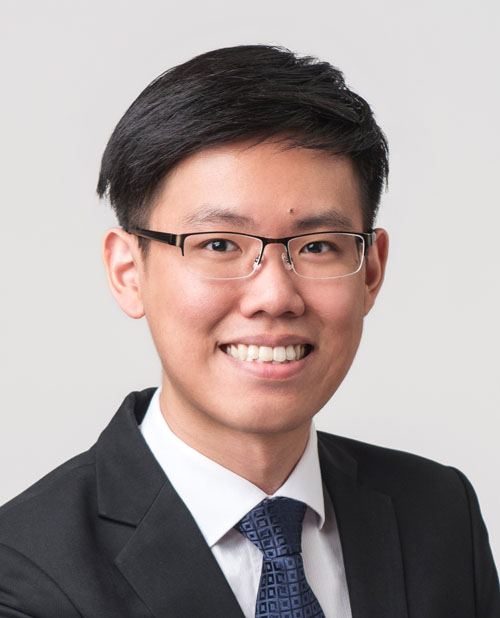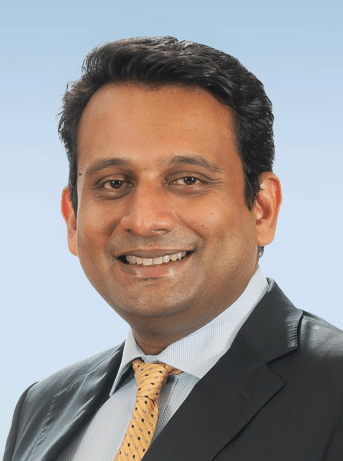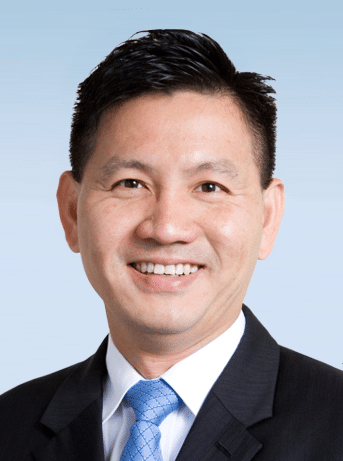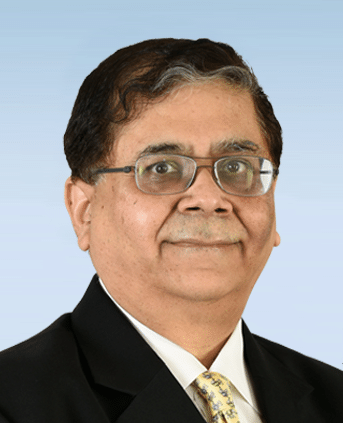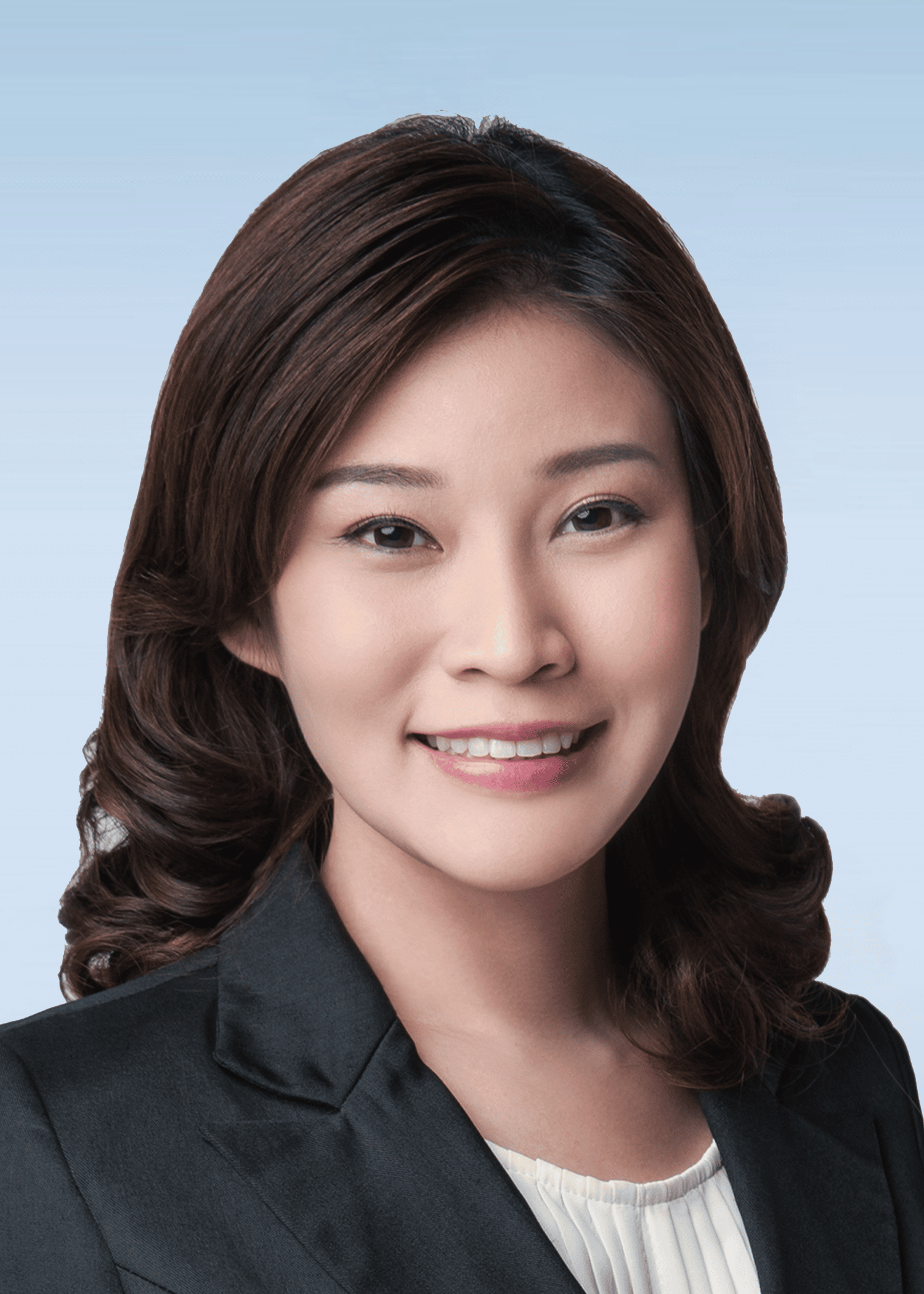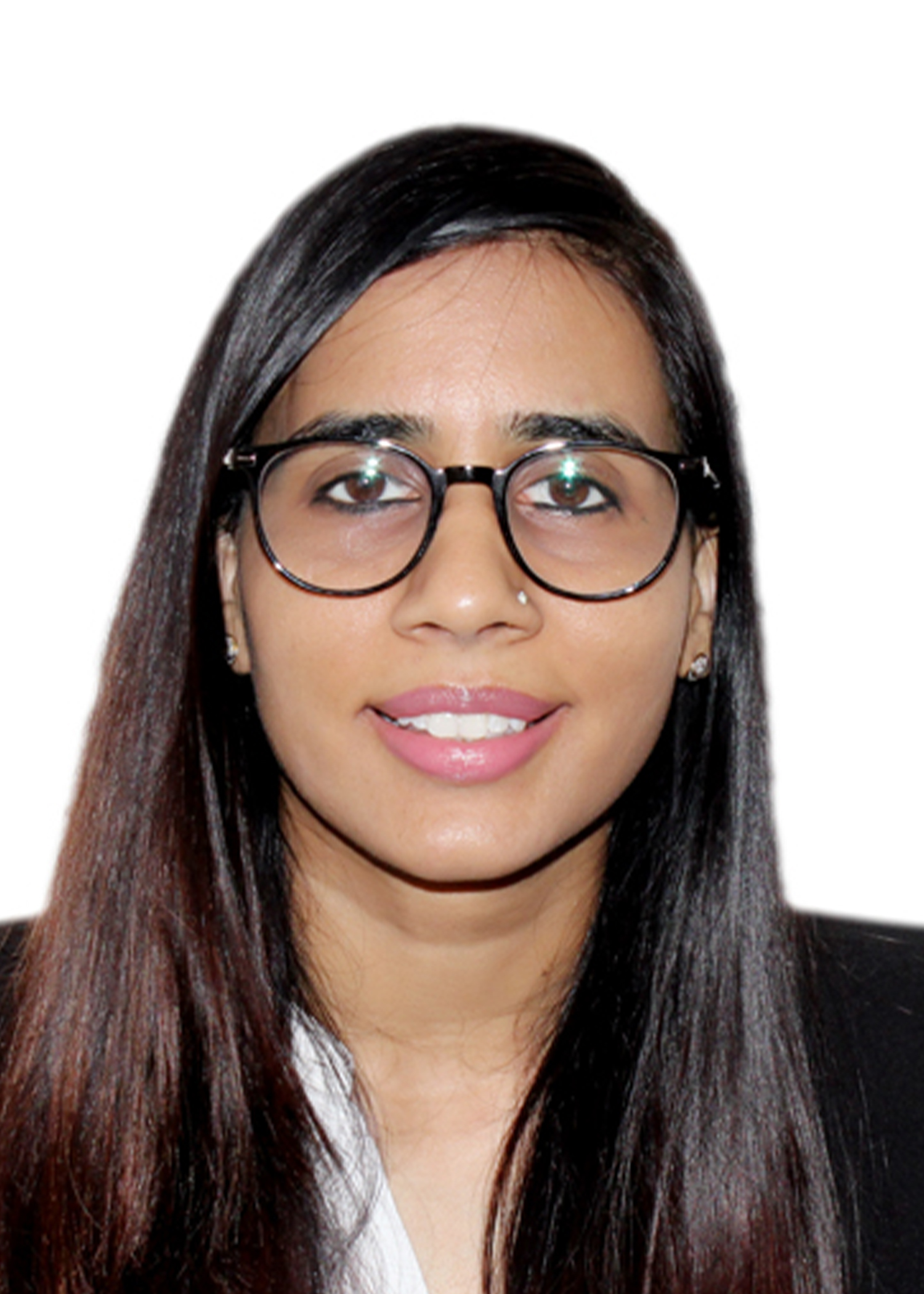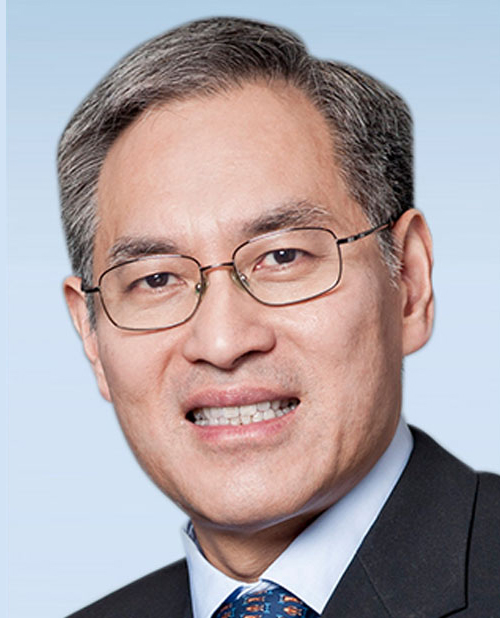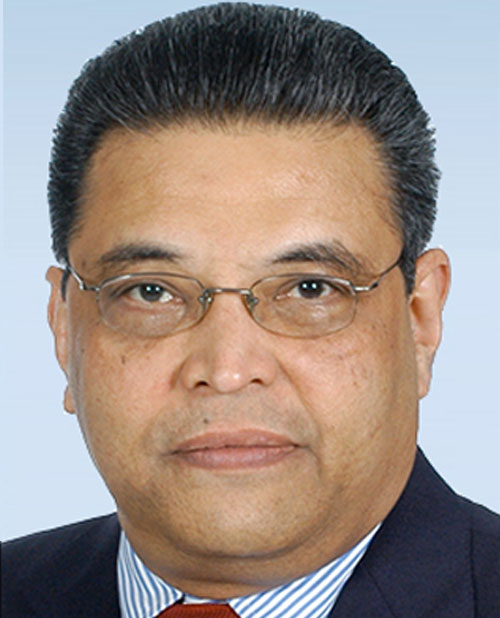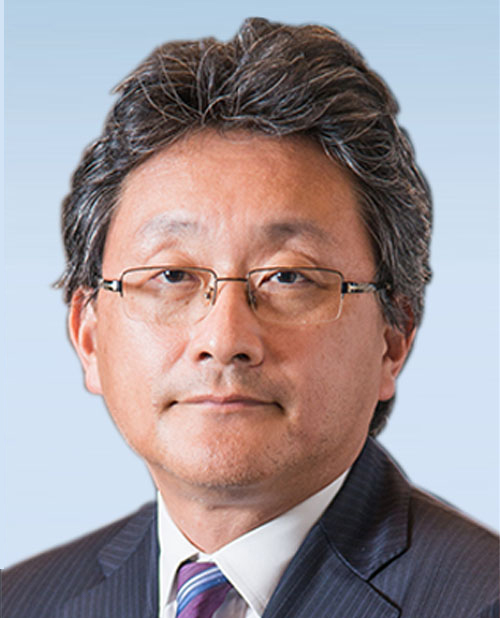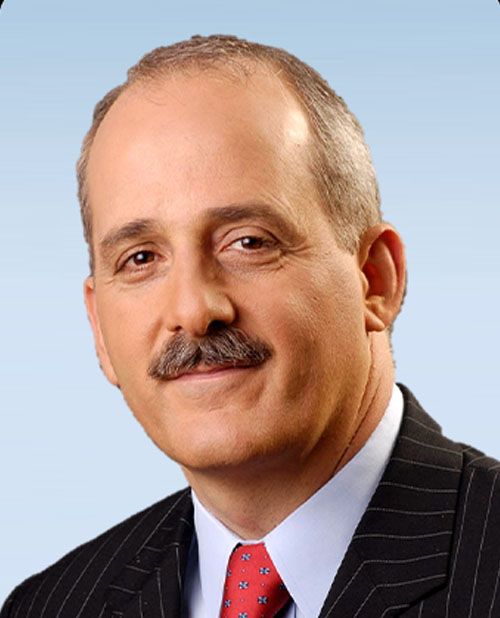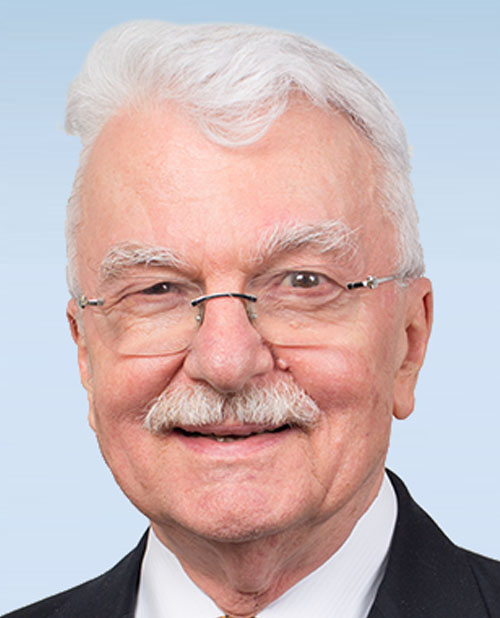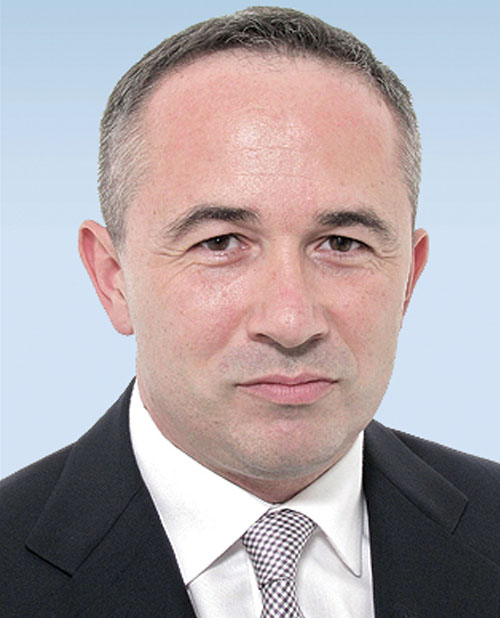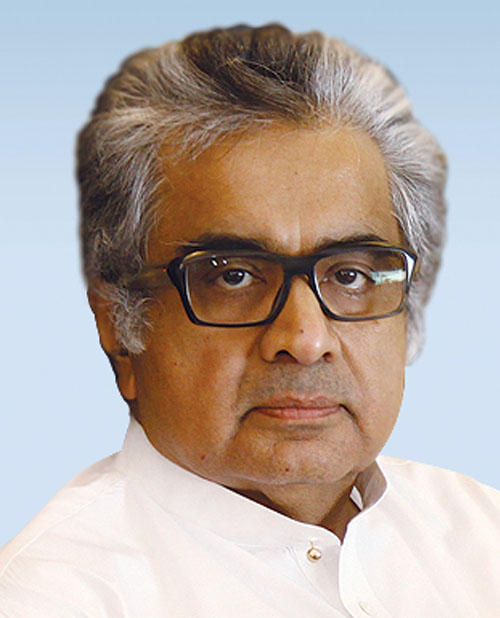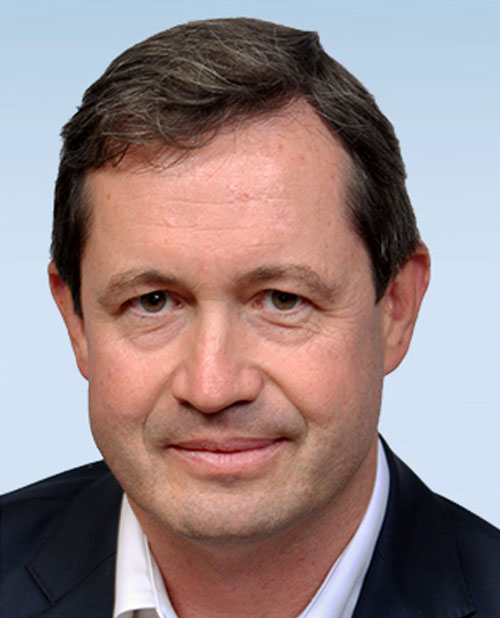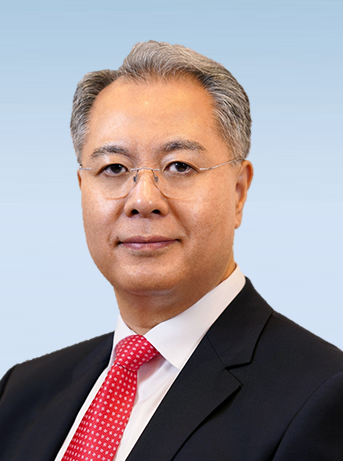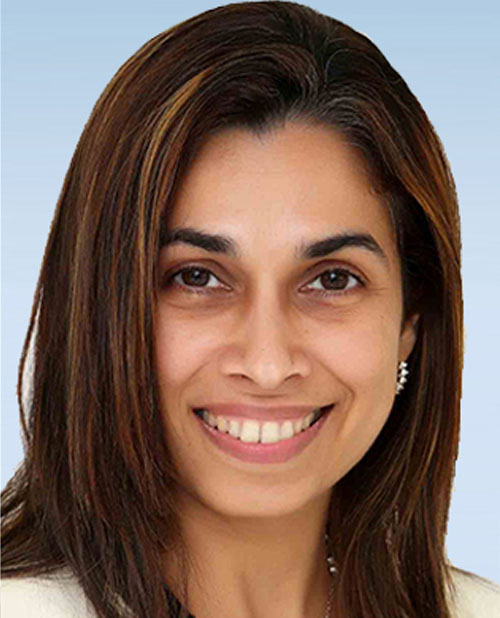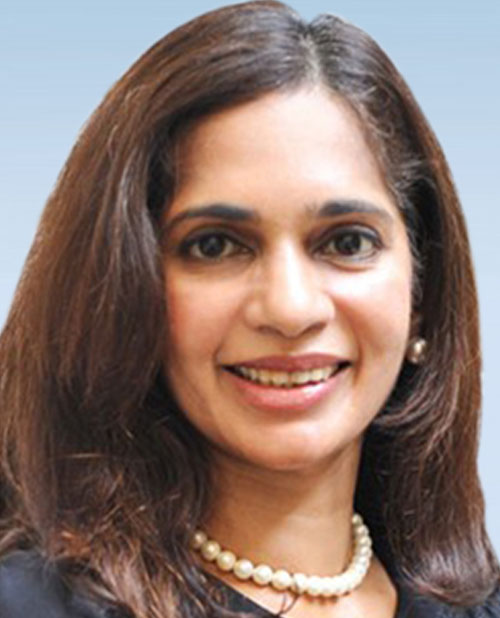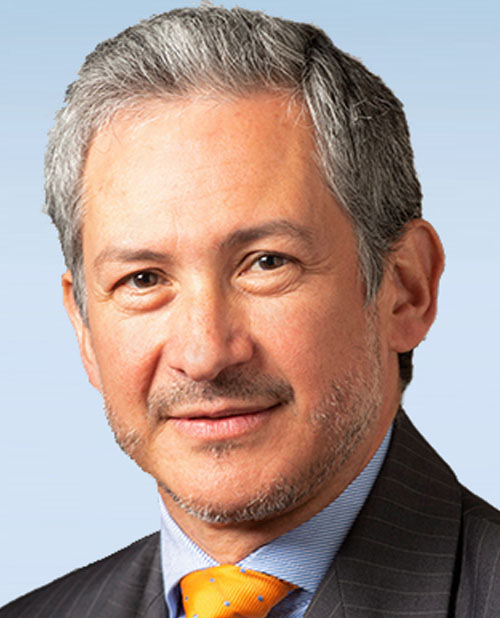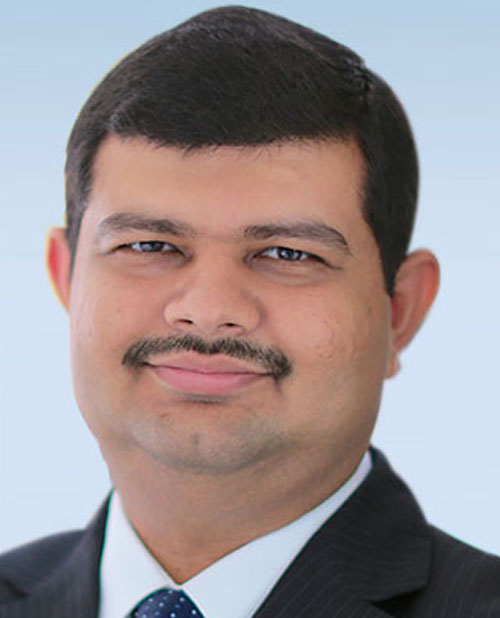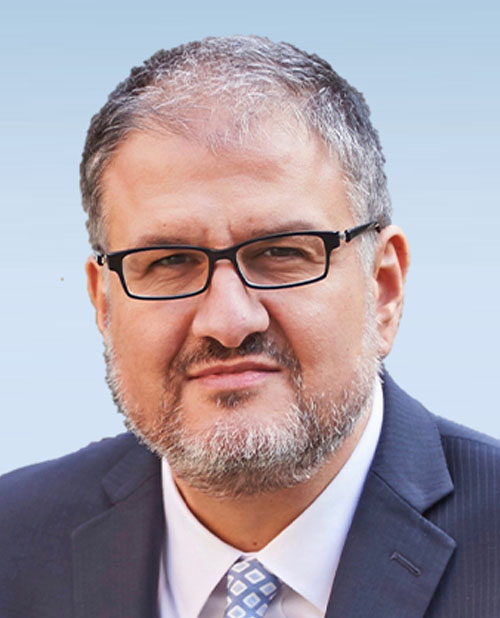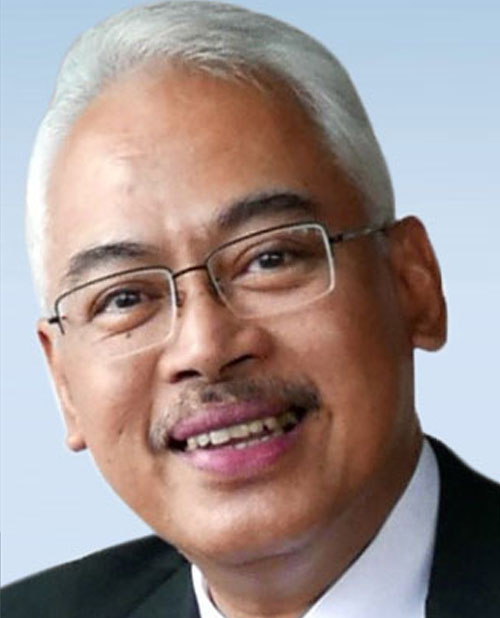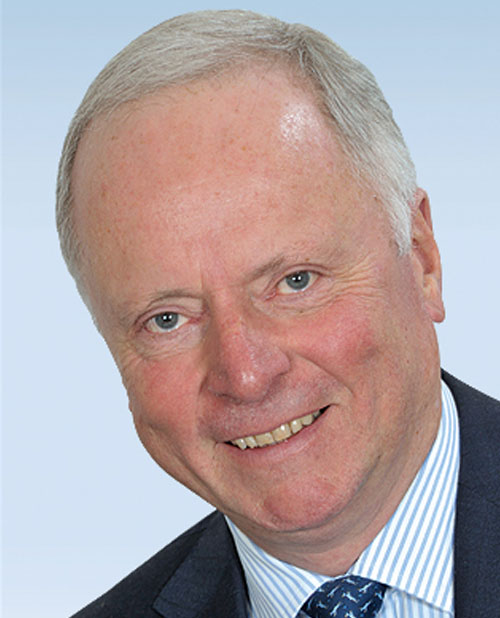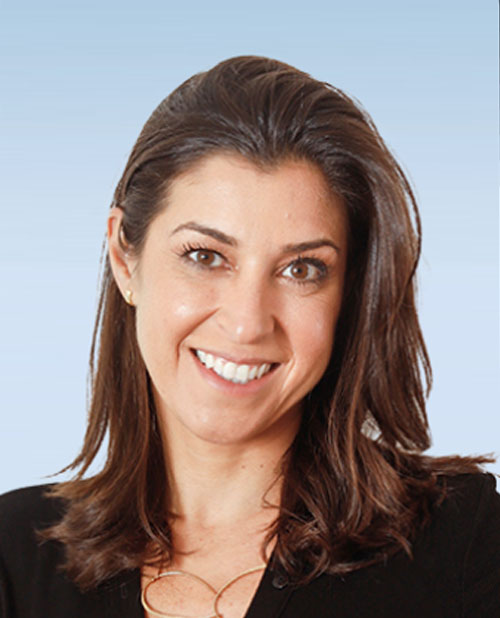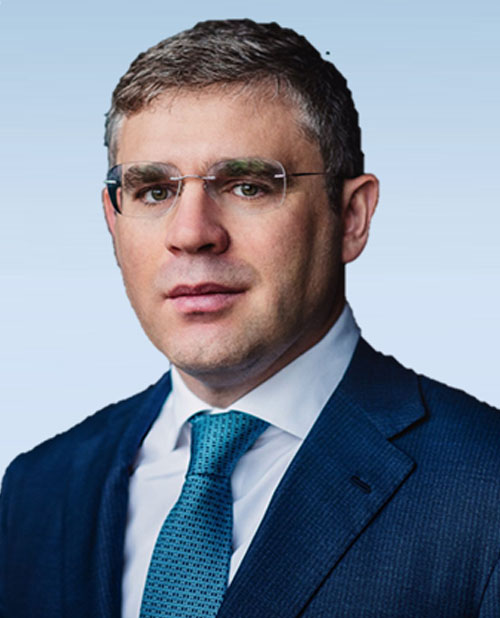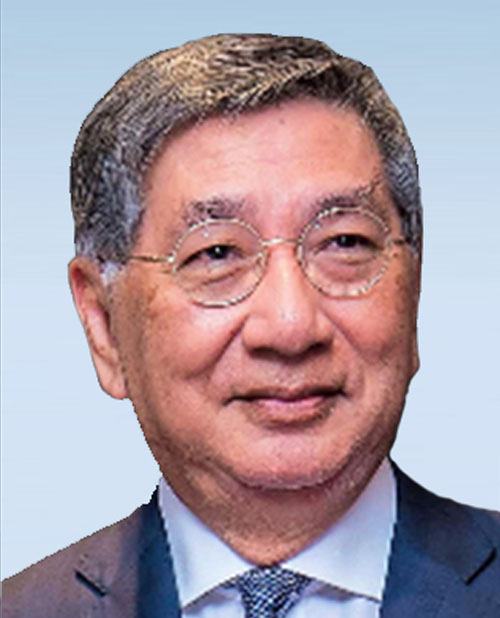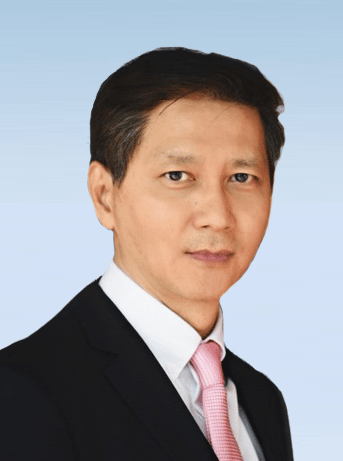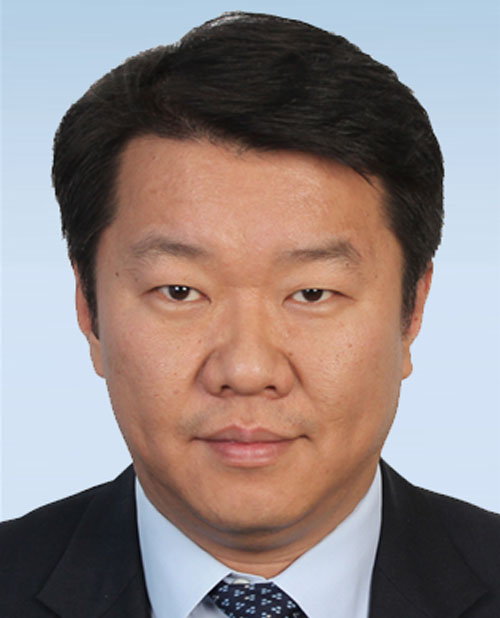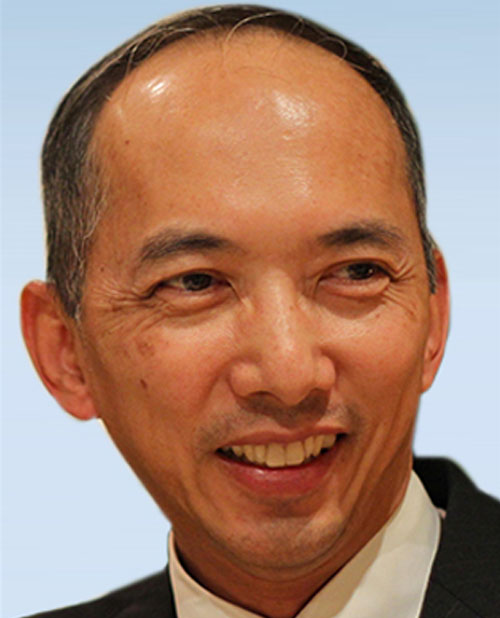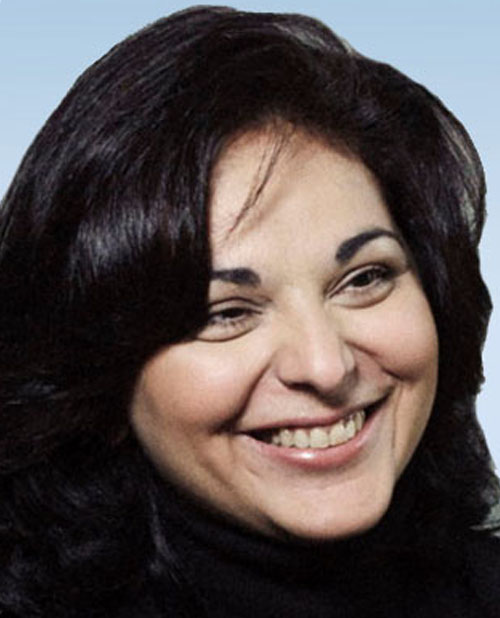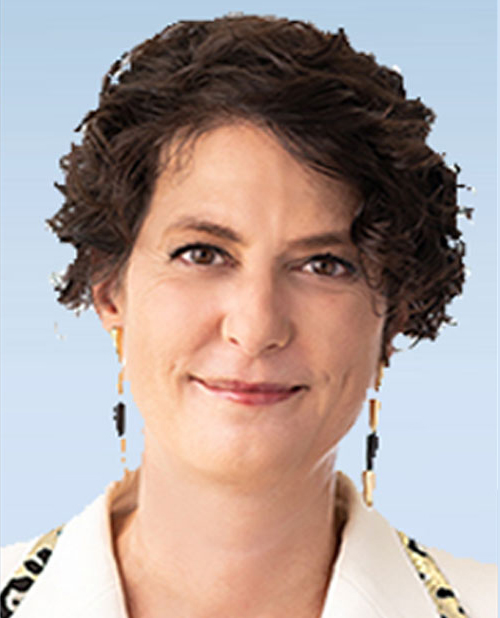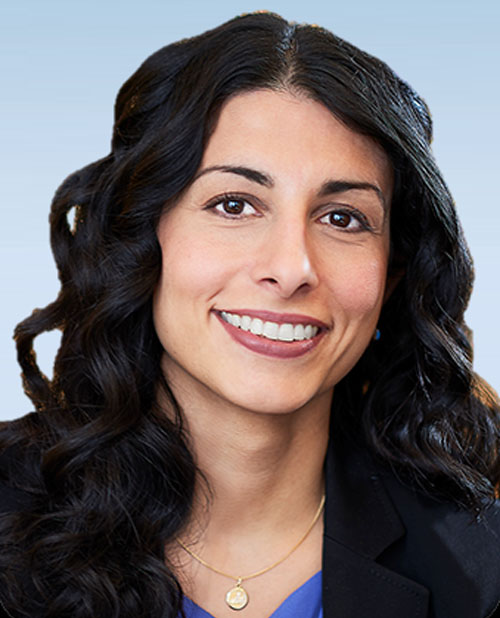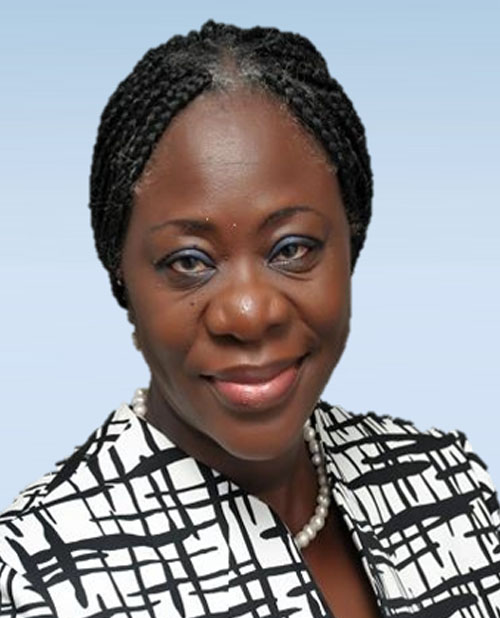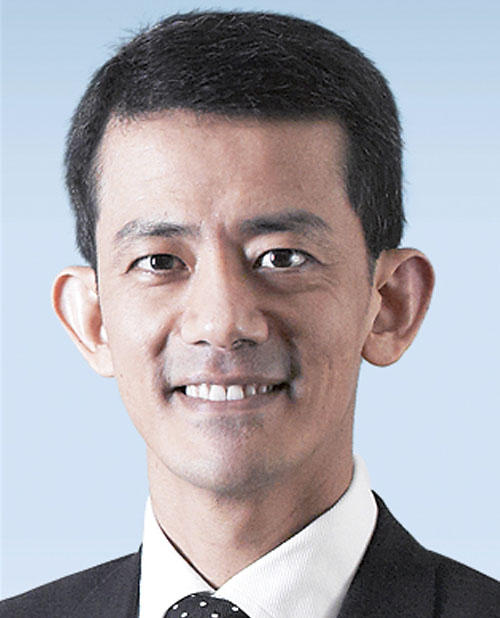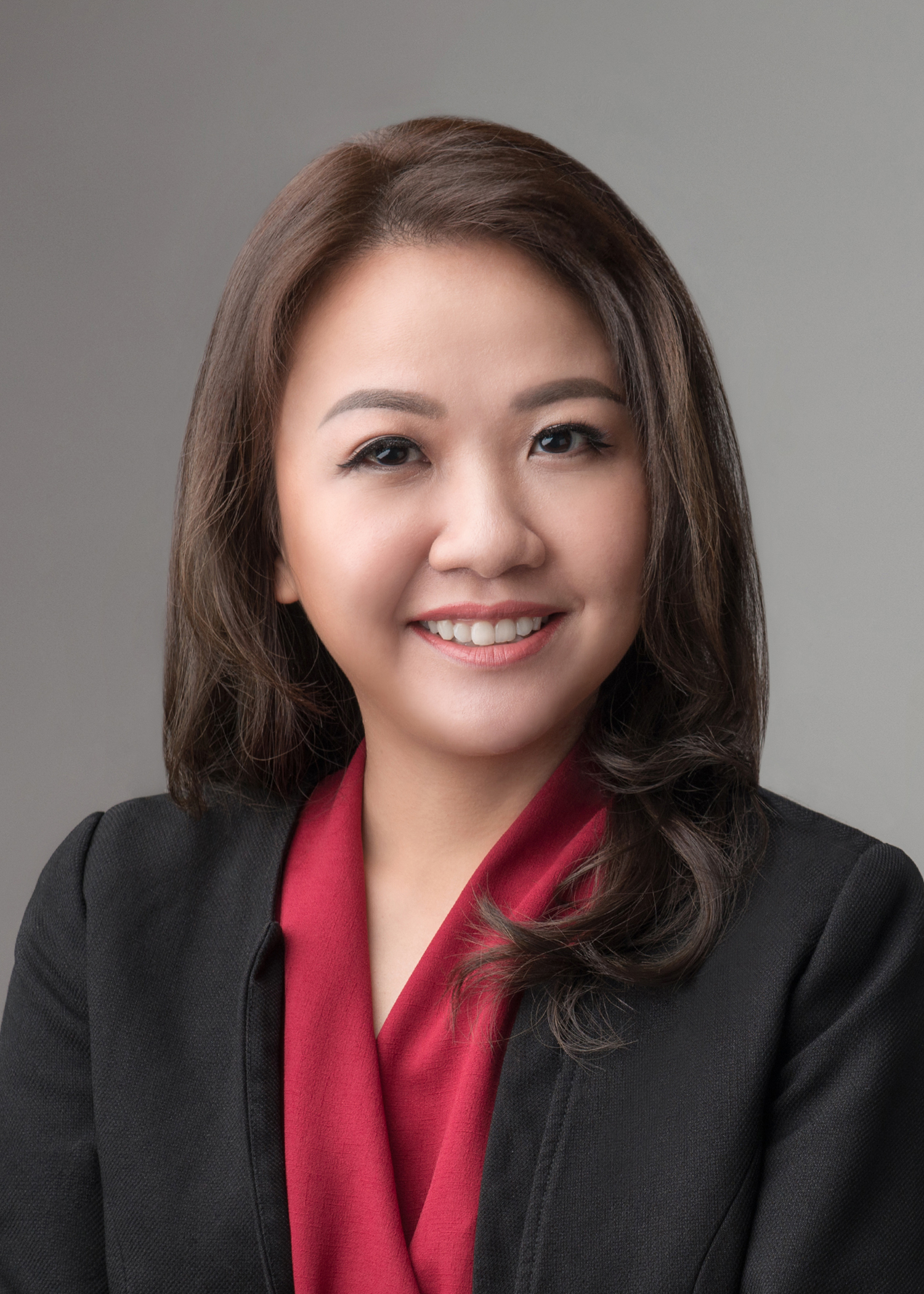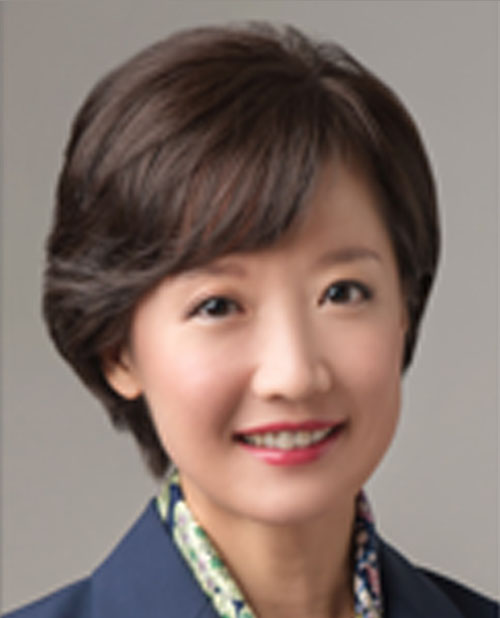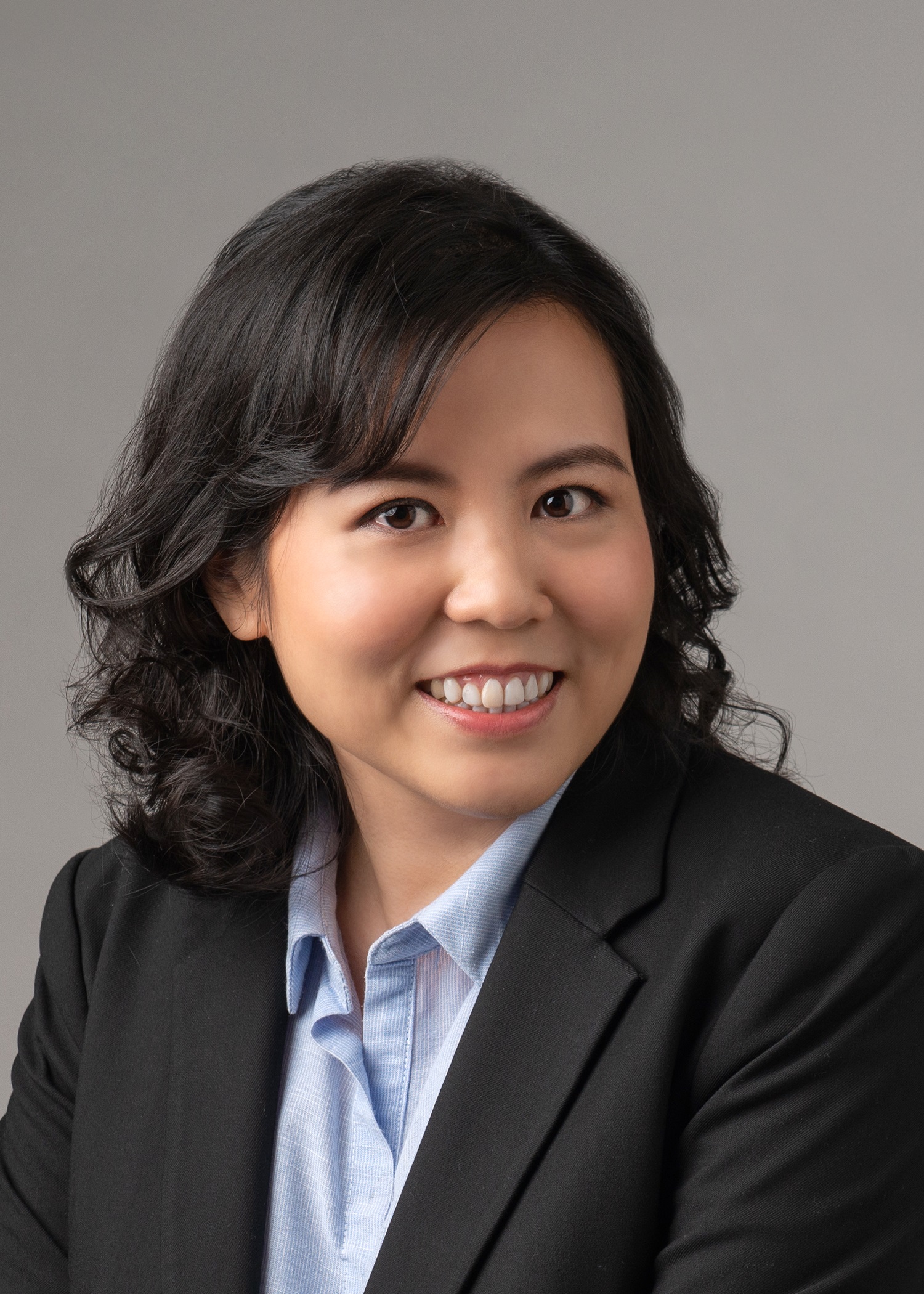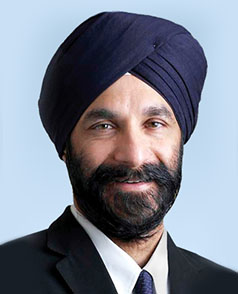By Ivy Rook, Associate, International Arbitration, Shearman & Sterling LLP, Abu Dhabi
SIAC’s first event in the UAE, titled “Effective Management of International Arbitration Proceedings in the UAE and Singapore: Techniques, Tips and Strategies to Save Time and Costs’’ was held on 5 February 2020 at the Abu Dhabi Global Market (ADGM) Auditorium.
Ms Linda Fitz-Alan (Registrar and Chief Executive, ADGM Court) opened the event with a Welcome Address observing the commonalities between the UAE and Singapore, as well as ADGM and SIAC. Ms Lim Seok Hui (CEO, SIAC) delivered the Opening Address highlighting that the UAE has consistently been in SIAC’s top 10 foreign user rankings in the last few years. She set the stage for the discussions to come by describing SIAC’s leadership in procedural tools such as emergency arbitration and fast-track arbitration.
Mr Gary Born (President, SIAC Court of Arbitration; Chair, International Arbitration Practice Group, Wilmer Cutler Pickering Hale and Dorr LLP) delivered the Keynote Address titled “International Arbitration: Past, Present and Future” detailing the history of international arbitration. He traced the unexpected origins of arbitration, describing an example of an ancient commercial arbitration in what is now Iraq, and a state-to-state arbitration concerning a disputed border. Ancient Greek states, too, resolved territorial disputes, such as those over ownership of islands and temples, through an early form of arbitration. Medieval Europe also employed a form of commercial arbitration to resolve disputes between merchants, with some English trade guilds even including arbitration in their by-laws. Even the United States embraced arbitration from its birth, with the first version of the Constitution including an arbitration mechanism to resolve disputes between the states. By the late 19th century, Mr Born explained, the recognition of arbitration was increasing, with law professor Elihu Root winning the Nobel Peace Prize for his championship of International Arbitration, and the 1872 ‘Alabama Arbitration’ between the UK and the US. Turning briefly to the present state of international arbitration, Mr Born cautioned that practitioners need to think about the growing hostility to international arbitration, particularly amongst states.

Left to Right: Lim Seok Hui and Linda Fitz-Alan

Left to Right: Dr Kabir Duggal, Wendy Lin, Alec Emmerson, Sapna Jhangiani QC and Alex Bevan during Panel Session 1
Panel Session 1: Tactical Considerations for Commencing an Arbitration
The first panel included a lively discussion and, at times, a debate about the procedural steps and strategic considerations in commencing an arbitration. Ms Sapna Jhangiani QC (Partner, Clyde & Co Clasis Singapore) explained that the purpose of the notice directed the form of your notice of arbitration. If you simply wished to trigger arbitration, it could be a basic document without much details. However, if you wanted to settle, a detailed notice could help provoke this. Following this line of thought, Mr Alex Bevan (Partner, Shearman & Sterling LLP) also described the decision-making process employed in determining whether a request for arbitration should be treated as merely an administrative exercise or a piece of written advocacy. Ms Wendy Lin (Co-Chair, YSIAC Committee; Partner, WongPartnership LLP) stressed that consideration should be given to how much detail needed to go into a notice or request. Ms Lin and Dr Kabir Duggal (Senior Associate, Arnold & Porter Kaye Scholer) then discussed preparations for arbitration. They noted the importance of verifying the facts and requesting all correspondence, including WhatsApp from your client.
The moderator, Mr Alec Emmerson (Arbitrator, ADR Management Consultancies, Dubai) prompted a lively discussion about the selection and appointment of arbitrators, with Dr Duggal noting the clash between the institutional requirement that arbitrators must be independent and impartial and the client perspective. Mr Bevan noted that there was limited hard data available for practitioners to research potential arbitrators before proposing candidates to their client. Mr Bevan went on to describe the SIAC-SIMC Arb-Med-Arb Protocol (Protocol), which he considered an interesting innovation. He noted that the Protocol proposed the use of mediation at an interesting time, which was once the initial pleadings had been served and the tribunal had been constituted. This was likely to be more useful in practice than what was often seen in multi-tiered arbitration agreements which provide mediation as a mandatory pre-arbitral step, and sometimes functioned as a mere formality. Dr Duggal and Mr Bevan closed the first panel by describing the efficiency of prima facie jurisdictional objections prior to the constitution of an arbitral tribunal.

Left to Right: Kelvin Kek, Khurram Khan, Thomas R. Snider, Anne K. Hoffmann and Yu-Jin Tay during Panel Session 2

Left to Right: Michael Black QC, Scott Vesel, Gary Born, Mahesh Rai and Aloke Ray QC during Panel Session 3
Panel Session 2: Saving Time and Costs under the SIAC Rules (Expedited Procedure, Emergency Arbitrator, Early Dismissal)
In the spirit of the session, the speakers kept their remarks efficient. Mr Kelvin Kek (Partner, Allen & Gledhill LLP) began the session by describing the role of emergency arbitrators under the International Arbitration Act. Mr Khurram Khan (Legal Director, Addleshaw Goddard (Middle East) LLP) then gave an overview of Expedited Procedure, noting that most arbitrations now have some form of this fast-track path. Ms Anne K. Hoffman (Independent Arbitrator, Hoffman Arbitration LLC, UAE) introduced the topic of Early Dismissal of claims, noting that SIAC introduced it in its SIAC Rules 2016. She highlighted what she called ‘due process paranoia’, and the idea that if Early Dismissal procedure did not work, it might instead simply function as an additional procedural step that lengthened the arbitral proceedings.
Mr Yu-Jin Tay (Partner & Head, International Arbitration (Asia), Mayer Brown LLP) focused on Expedited Procedure, noting that while the urgency threshold for fast-tracking an arbitration was generally lower than that for getting an emergency arbitrator, the threshold was nevertheless ‘exceptional urgency’. He focused on the meaning of ‘exceptional urgency’, urging lawyers to not oversell the likelihood to clients of meeting this high bar. Mr Thomas R. Snider (Member, SIAC Court of Arbitration; Partner, Head of Arbitration, Al Tamimi & Company) noted in particular a problem in the region in which Respondents refused to pay their share of the costs.
Panel Session 3: Comparative Perspectives on International Arbitration in the United Arab Emirates and Singapore
Mr Gary Born moderated the session and embracing the spirit of an event titled ‘Effective Management’, kept the session efficient. Mr Michael Black QC (XXIV Old Buildings Barristers’ Chambers) began the session by discussing the arbitration landscape in the UAE, which he summarised in the ‘list of three: enforcement, enforcement, enforcement.” He noted the legal particularities of the UAE being one single country with three legal systems: the offshore DIFC and ADGM common law systems, as well as the onshore federal civil law system, not to mention the individual legal systems of each individual emirate. He highlighted that a new law had shifted the UAE into a much more pro-arbitration stance.
Mr Scott Vesel (Partner, Three Crowns LLP) presented on ‘Arbitration in Singapore in the UAE: who arbitrates, who uses, and why’. He broke down the national origin in arbitrator appointments and claimants in SIAC as compared to UAE’s arbitral institutions, emphasising how striking it was how prominent a single geographic region’s representation was (Singapore and the UK in Singapore, and the Middle East in the UAE) in each institution. Mr Mahesh Rai (Director (Dispute Resolution), Drew & Napier LLC) spoke about three key priorities in arbitration: “Cheap, Fast, and Good.” He briefly spoke about the expedited procedure and emergency arbitrators, and highlighted that SIAC was one of the first institutions to put its cost calculator online. Mr Aloke Ray QC (Partner, White & Case LLP, London) emphasised that ultimately enforcement is a critical issue, and that Singapore is one of the leading global arbitration seats.
Mr Snider gave the Closing Remarks, re-emphasising the relationship between the UAE and SIAC, and echoing the excitement of many in the room about the first significant SIAC conference in the Middle East.



